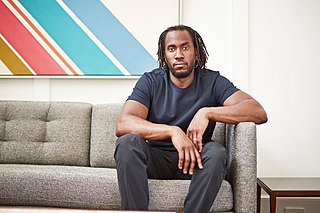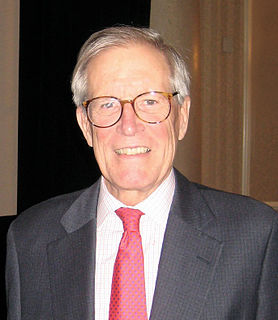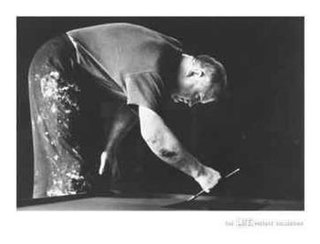A Quote by Rashid Johnson
My composition often goes toward the black middle class or the black super-wealthy or strong historical black figures.
Quote Topics
Related Quotes
Actually we've had a black bourgeoisie or the makings of a black bourgeoisie for many more decades.In a sense the quest for the emancipation of black people in the US has always been a quest for economic liberation which means to a certain extent that the rise of black middle class would be inevitable. What I think is different today is the lack of political connection between the black middle class and the increasing numbers of black people who are more impoverished than ever before.
The historical basis for the gap between the black middle class and underclass shows that ending discrimination, by itself, would not eradicate black poverty and dysfunction. We also need intervention to promulgate a middle-class ethic of success among the poor, while expanding opportunities for economic betterment.
There is still an assumption among many people that to be black is to be lower class. In the last fifteen to twenty years, perhaps even further back than that, there's also been an explosion of a very wealthy black class in the United States, but those people are often treated as special cases: they're athletes, entertainers. Jay-Z. Basketball players. The country metabolizes the fact these rich black people exist, but it seems only to reinforce the idea that every other black person is limping along in poverty.
I think that Malcolm X was envisioning, even while he was in the Nation of Islam, a black nationalist progressive strategy toward uniting black people across ideological, class lines, denominational religious lines, Christians, as well as Muslims, to build a strong movement for justice and for empowerment.
I, however, like black. It is a color that makes me comfortable and the color with which I have the most experience. In the darkest darkness, all is black. In the deepest hole, all is black. In the terror of my Addicted mind, all is black. In the empty periods of my lost memory, all is black. I like black, goddammit, and I am going to give it its due.
I come from a real working class background, and I didn't know anyone sophisticated - except I saw Edie Sedgewick once at the Art Museum in Philly. She had these black leotards and little black pumps and this big ermine cape and all these white dogs and black sunglasses and black eyes. She was classy!
There is a forgotten black middle class in America - a group which is huge but underrepresented in the media and in art. It's difficult to talk about these things, because it forces one to talk in generalities, but that's my view. I do think the idea of a blanket class for black people is unfortunately still present.
































